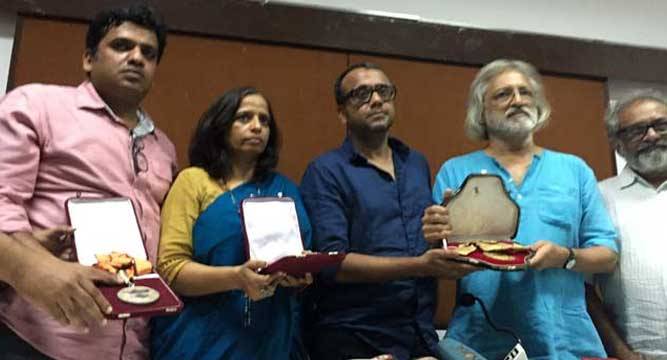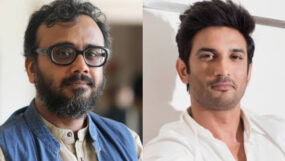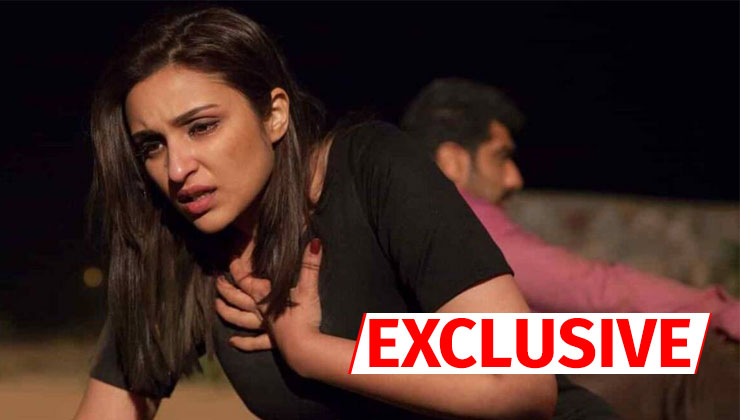
The move by filmmaker Dibakar Banerjee and several others to return various government awards and honours they have received, as a mark of protest against impediments to freedom of speech and expression, has evoked a mixed response from others in West Bengal.
Actress Sudipta Chakrabarti, who won the National Award for Best Supporting Actress for “Bariwali”, likened the honours as “weapons” for filmmakers, but said she is not considering a similar stand at the moment.
“I am not thinking of returning the award at this moment, but if there is a collective effort, then I will support it,” she said.
“Shabdo” director Kaushik Ganguly feels that protesting through his own medium (making a film) is much more significant for him.
“I respect the filmmakers’ decision to return the awards. But others may have different ways of agitating. I may use films or writing as the way to protest,” he said.
Singer Rupankar Bagchi, who bagged the National Award for Best Male Playback Singer for the song “E Tumi Kemon Tumi” from “Jaatishwar”, questioned the decision.
“Is returning the award a form of protest? I do not think so,” he said.
Earlier, poet Mandakranta Sen gave back her Sahitya Akademi Award.
The filmmakers who returned the awards on Wednesday are Anand Patwardhan, Dipankar Banerjee, Paresh Kamdar, Nishtha Jain, Kirti Nakhwa, Harshavardhan Kulkarni, Hari Nair, Rakesh Sharma, Indraneel Lahiri and Lipika Singh Darai.
The filmmakers expressed solidarity with the agitating FTII students in Pune.
The development came on Wednesday, hours after three prominent alumni of the Film and Television Institute of India announced that they would return their national awards to protest “an atmosphere of intolerance” in the country in the last few months.
Inputs by IANS





















Leave a Reply